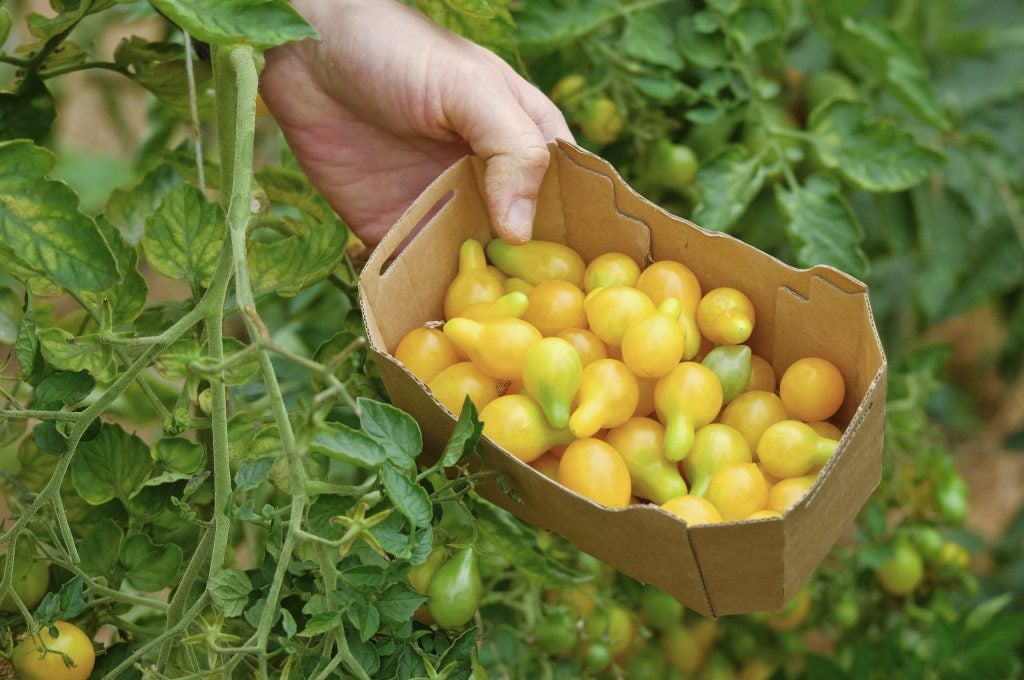Biodiversity loss poses a substantial threat, not just to nature but to the world economy. The World Economic Forum (WEF) warns that this loss could jeopardise a staggering $44 trillion, over half of the global GDP.
Experts in a recent WEF survey have ranked biodiversity loss and associated environmental perils such as climate change as the most pressing threats to the global economy within the next decade.
A grim reality for nature
Nature is already in dire straits. Since 1970, the populations of mammals, birds, amphibians, reptiles, and fish have plummeted by an alarming 69%. Shockingly, approximately one million species worldwide face the looming spectre of extinction.
Biodiversity loss and climate change are intertwined, as the latter accelerates the former. The destruction of ecosystems weakens nature's ability to regulate greenhouse gas emissions and withstand extreme weather, ultimately intensifying climate change and heightening our vulnerability to it.
Companies embrace change to gain competitive edge
Companies are recognising the urgency to act and seize opportunities amidst this biodiversity crisis. Forward-thinking firms are mitigating biodiversity-related risks and safeguarding their brand reputation.
They understand that biodiversity isn't solely a risk to be managed but also an avenue for competitive advantage.
Leaders are adopting sustainable forestry practices and increasing the utilisation of recycled, reused, and biodegradable materials to attract customers increasingly concerned about supply chain biodiversity impact.
Some are innovating their packaging solutions to penetrate new markets with a reduced carbon and biodiversity footprint.
Packaging industry's role in biodiversity crisis
The paper and packaging sector plays a significant role in biodiversity loss through unsustainable forestry practices in their supply chains. Large-scale clear-cutting, particularly in Sweden, accounts for a significant portion of unsustainable forestry practices.
Moreover, water use in the production process of paper and pulp creates air, water, and soil pollution, impacting biodiversity. Even companies not directly involved in forestry contribute to upstream and downstream biodiversity loss through their supply chains and consumer consumption.
The road to change
Regrettably, only a minority of paper and packaging companies are taking concrete actions against biodiversity loss. Among a global sample of around 100 companies, only 22% assessed their value chain impact on biodiversity, and just 31% took action on biodiversity-related commitments.
However, there is hope, as 45% plan to assess their biodiversity impact within the next two years, and 35% plan to take action.
There are also initiatives such as the The EcoPaper Database (EPD), created by international environmental non-profit organisation Canopy, which is a listing of over 1,100 paper and paper packaging options available to help businesses reduce their impact on ancient and endangered forests.
The challenge lies in the competition for management attention and resources between biodiversity and climate change, with the latter often taking precedence due to more developed regulations and incentives.
Regulation is on the horizon
Regulation is slowly catching up to address biodiversity loss. New legislation, regulations, and reporting standards are in development, aiming to compel companies to do more to prevent biodiversity loss.
National governments, including the adoption of the post-2020 global biodiversity framework, are setting ambitious targets to conserve and restore the planet's ecosystems.
These goals must evolve into regulations and legislation to accelerate corporate responses to protect biodiversity.
Leading packaging companies making a difference to biodiversity
Leading companies are setting an example by adopting sustainable forestry practices and innovative supply chain strategies to protect biodiversity. For instance:
Europe: SCA, in 2020, initiated conservation measures by identifying critical habitat categories and setting aside over 160,000 hectares of productive forest land to promote biodiversity. They also implement measures to support species survival, all while increasing their timber volume sustainably.
South America: Brazilian paper and pulp company Suzano commits to connecting fragmented forests, reconnecting 1,850 fragmented land pieces, benefiting plant and animal species and increasing genetic diversity.
Innovative solutions on the horizon
Paper and packaging leaders are innovating products by using more sustainable raw materials and optimising supply chains to protect biodiversity.
For example, new EU regulations require companies to prove their wood and rubber products are deforestation-free and legal, covering the global supply chain. Such measures will change market dynamics and create incentives for sustainable solutions.
Companies are looking to other industries for strategies to manage biodiversity in their supply chain, fostering cross-industry collaboration.
Reducing risks through sustainable practices
Through sustainable practices and sourcing resilient fibres, companies are mitigating biodiversity-related risks, including physical and reputational risks.
Neglecting physical risks could lead to less resilient forests, increased input costs, raw material shortages, and susceptibility to outbreaks. By adopting a structured approach, businesses can create a biodiversity strategy that reduces risks and capitalises on the business potential of biodiversity.
Ultimately, the paper and packaging industry is at a crossroads, facing the critical challenge of biodiversity loss. Companies that act swiftly to embrace sustainable practices and protect biodiversity are not only mitigating risks but also positioning themselves for long-term success in a changing world.









